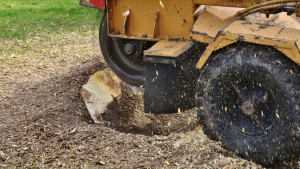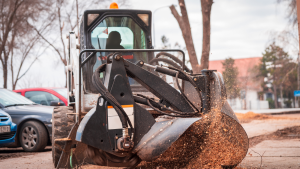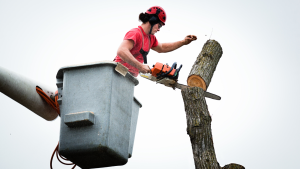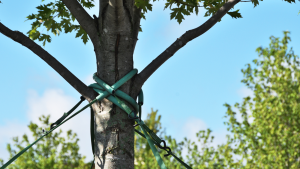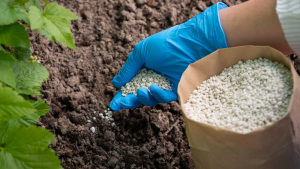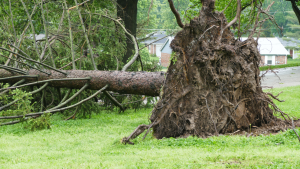Like any flower, tree, or shrub in your landscape, your grass needs all of the necessary components to thrive. It requires plenty of sunshine and the proper quantity of water and nutrients. But soil quality is another crucial component that Joliet Tree Service lawn care pros will utilize to help grass achieve its maximum potential.
Dirt has many diverse properties, and the ground on your land may differ from the soil on the nearby lot. Adding dirt to your lawn or beds as part of the landscaping process will create further variances. Understanding your soil’s qualities is critical for selecting which grass will grow in your yard and how to effectively manage your lawn.
Characteristics of Soil in Joliet, Illinois
Soil scientists categorize soil according to a variety of criteria. Because of their unique properties, particular soils are ideal for various applications. When beginning seeds, for example, fine and lightweight soils are preferable to assist germinating plants acquire the water they need. The soil should have more sand for trees and plants that need adequate drainage.
However, soil variances might also affect how well grass grows in your yard:
- Soil Composition – Soils are made of silt, sand, and clay. The ratio affects drainage, nutrient retention, and compaction potential.
- Organic Matter Concentration – The decomposition of natural materials produces nutrient-rich soil, so compost is often advised for gardening. The soil your lawn develops may be manufactured using natural materials or gradually assimilate organic ingredients by absorbing decomposing plants and animals.
- Soil pH Level – The pH of the soil defines how acidic or alkaline it is. High alkalinity soil restricts nutrition availability, while high-acidity soil might begin to burn away the roots of your grass.
- Compaction – Compacted soil has a limited area for distributing nutrients and water, making deep root growth difficult.
- Salinity – The quantity of salt in soil affects how effectively it retains water and nutrients, but too much salinity may be harmful to grass.
- Cation Exchange Capacity – Each particle of silt, clay, and specific nutrients in soil has a positive or negative ionic charge. Like magnets, opposing ionic charges will attract. The optimum nutritional balance in the soil will guarantee a proper ionic exchange.
Balancing all of these diverse aspects is critical to have a resilient and attractive lawn. Working with a professional lawn care business in Joliet, Illinois, is the ideal approach to perfect your lawn since many features can only be monitored or modified with the proper tools.
With our effective lawn care and landscaping knowledge in Joliet, Illinois, Joliet Tree Service can guarantee that your turfgrass and soil have all they need. Contact us now to learn more about our lawn care services for residential and commercial properties in your region.

